You may be surprised to find that the answer is not simple. Whether it takes two minutes or two days, the sexual act is a complicated task, and determining which party is orgasm, it is quite difficult to do:
* Is the time short orgasm reach climax when, after the maximum tension and excitement, and immediately prior to release and relax?
* Orgasm is a physical phenomenon that occurs in our body, which accelerate the heart beat, change blood pressure, muscle tension, color, or represents muscle contractions?
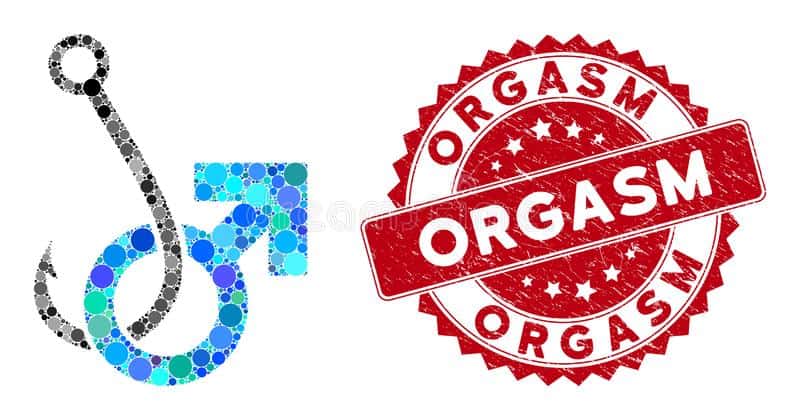
* Is the same thing with orgasm ejaculation?
* Or experianta is a psychological, spiritual or emotional, which takes place once the physical changes.
Despite that attracted universal pursuit, not orgasm had, until recently, a very high attention from the scientific environment, leaving us with a definition so vague and unsatisfactory about what is orgasm.
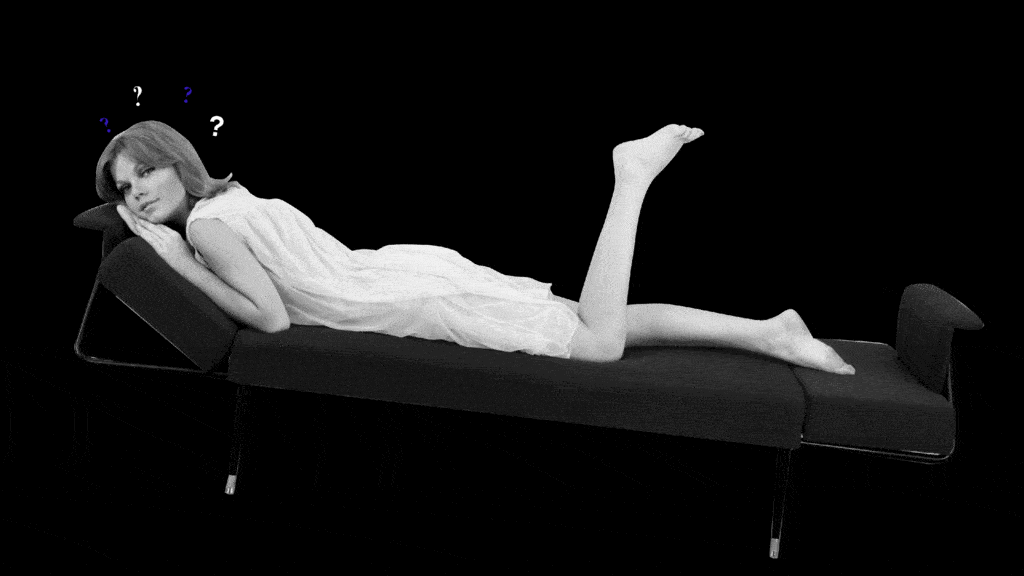
As a result of the lugul years, how is that defined orgasm, totally depends on who defines it.
Definition Medical / Physiology orgasm
Medical research has tried to define orgasm based on what happens in the human body. To measure the acceleration pulse, body temperature, inrosirea skin, hormonal changes, changes in sensitivity, muscle contractions, ejaculation, and more.

The research may give us a metric “average” of orgasm, but there are no limits set for these measurements. However, all these changes of the body, were used to prove that there has been an orgasm.
Psychological definition of orgasm
Psychologists and psihiatrii definsec orgasm on individual experiences and satisfaction, release, and other emotional changes and / or cognitive. Freud (who made the distinction between vaginal orgasm and clitoral) is considered as one proof of psychological health and the other a sign of a delayed psychosocial development.

After Freud, a good orgasm comes after vaginal penetration, while the bad one, a result of stimulation clitoridiene. Most psychologists and researchers in psychology have abandoned these concepts and, according to these definitions, or you had an orgasm when you say you had one, or you had an orgasm when what you describe fits the definition of certain experts.
Cultural definition of orgasm
A much longer tradition in the definition of orgasm, comes from artists and writers, who often define orgasm based on its effects on the mind.
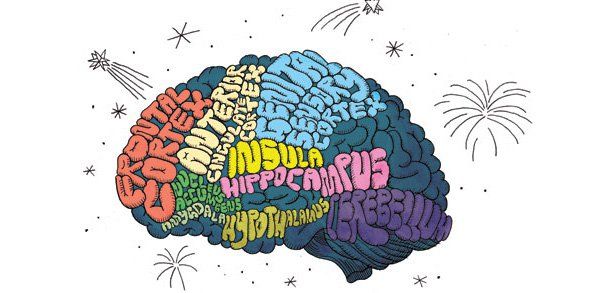
These definitions are by far the most colorful, but evident not offer a standardized definition of what is orgasm. The term “little death”, which he used to describe the French experience of semi-aware post-orgasm, is a good example of that definition is based more on personal experience than scientific proofs.

As you probably guessed, that could not determine that one definition is more satisfactory than others, proposed that the definition of orgasm to take into consideration all three aspects: medical, cultural and psychologic.
Two researchers from McGill University in the U.S., have proposed a model of orgasm definition that includes all three elements above:
- Sensation. Refers to the physiological experience of our body, including the feeling of warmth, and relax muscle tension, heart rate, blood pressure, etc..

- Evaluativ. The way in which experimantam and evaluate what happens, it feels good or bad, pain or pleasure, intense or bland?
- Affective. Or emotional response during and after orgasm, we feel intimate May or remove, to another planet or lucid, happy or sad?
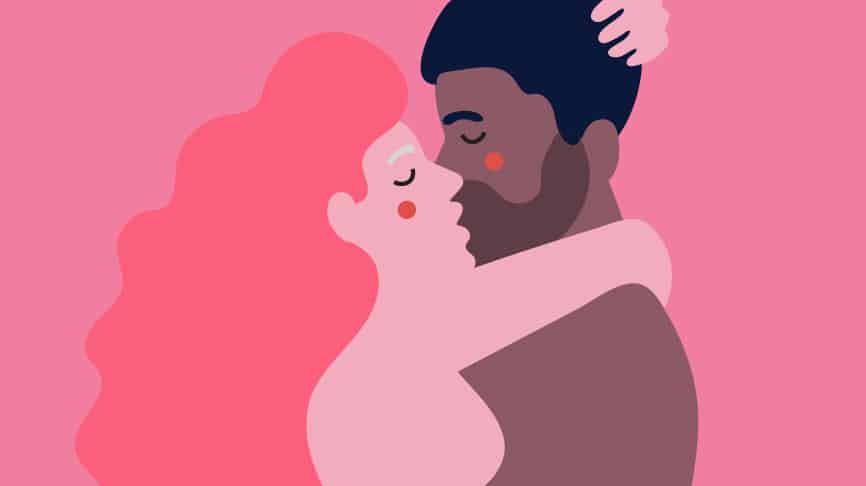
This model is recommended for at least three reasons. First, this definition focuses on experience and on sexual behavior. Not about the body is stimulated, or how it is stimulated. It makes sense, because we have all the same body, not all sexual pleasure feel the same way.
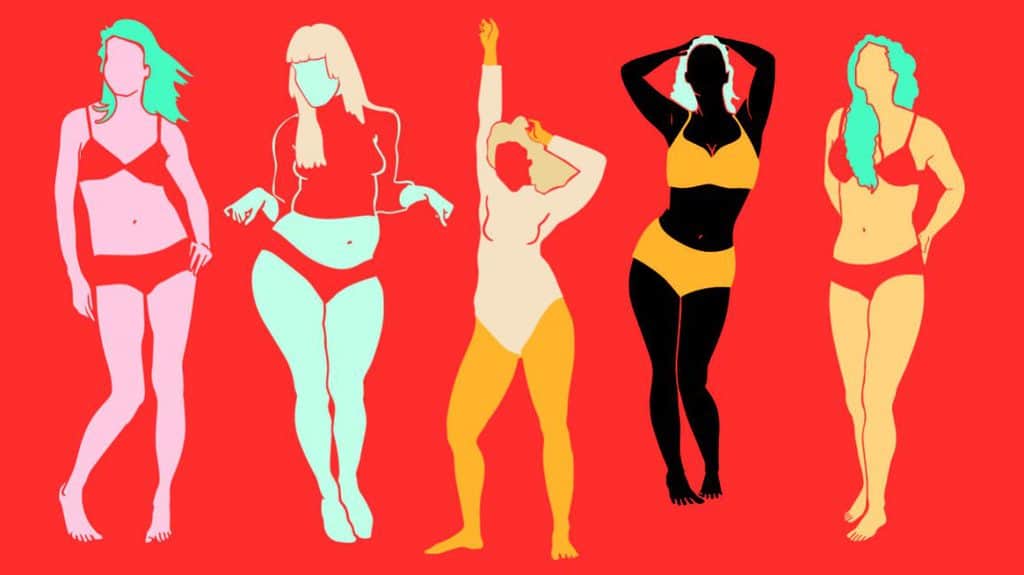
Secondly, the definition of orgasm than complicate things. More traditional models of orgasm were based on “sexual response cycle” of Masters and Johnsons, which is useful, but much narrows the definition orgasm. And lastly, this model does not favor one aspect of orgasm despite other.


















